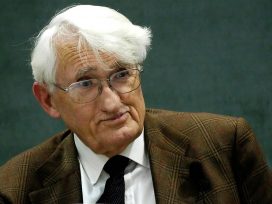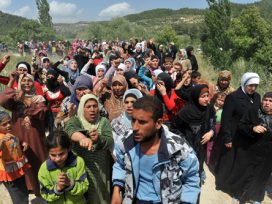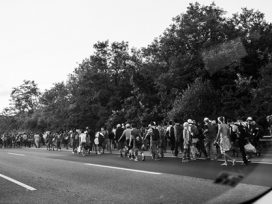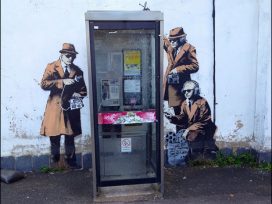His master's voice
The human/animal divide in Pixar's "Up"
What exactly does it mean to be a creature of language and desire? Psychoanalysis is careful to distinguish animal need, which can be fulfilled, from human desire, which can never be satisfied. But in the cultural sphere, argues Lilian Munk Rösing, the human/animal divide swiftly becomes blurred.







